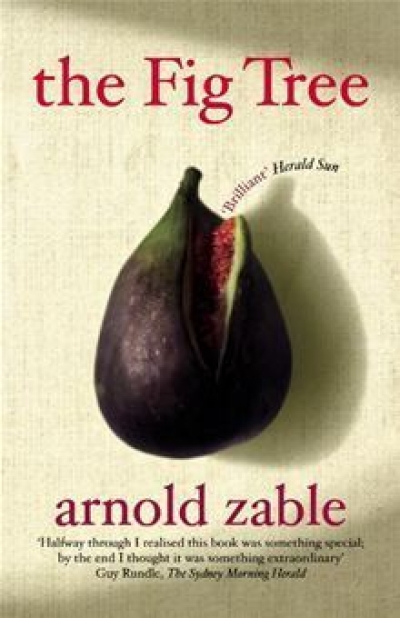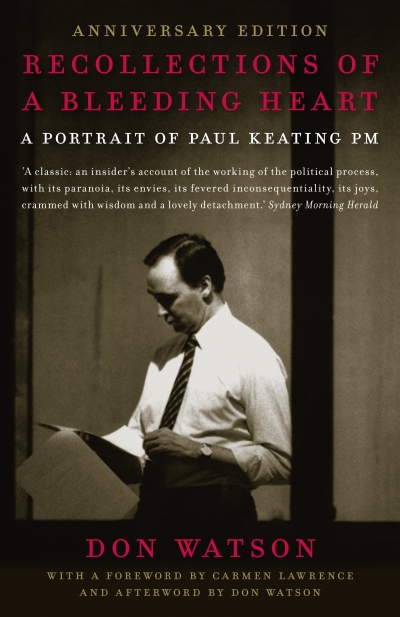Archive
Basalt plains, sheep and beef country
drying off. The light, intense
between showers. I drive
as if my head has been opened up
through paddocks blistered
from lava flows between bare hills.
The roads dependable as elderly bachelors
take me through towns abandoned
after the storekeeper dies.
You’ve heard this story before –
becoming unravelled in Europe
or assaulted in some roadhouse
but bold as nipples and booted.
Recovering with bourbon and red wine
in a soft room with a German
dissolving somehow at right angles
and falling off the frequent flyers list.
The Penguin Book of Etiquette: The complete Australian guide to modern manners by Marion von Adlerstein
ABR welcomes concise and pertinent letters. Correspondents should note that letters may be edited. They must reach us by the middle of the current month. Emailed letters must include a telephone number for verification.
... (read more)






